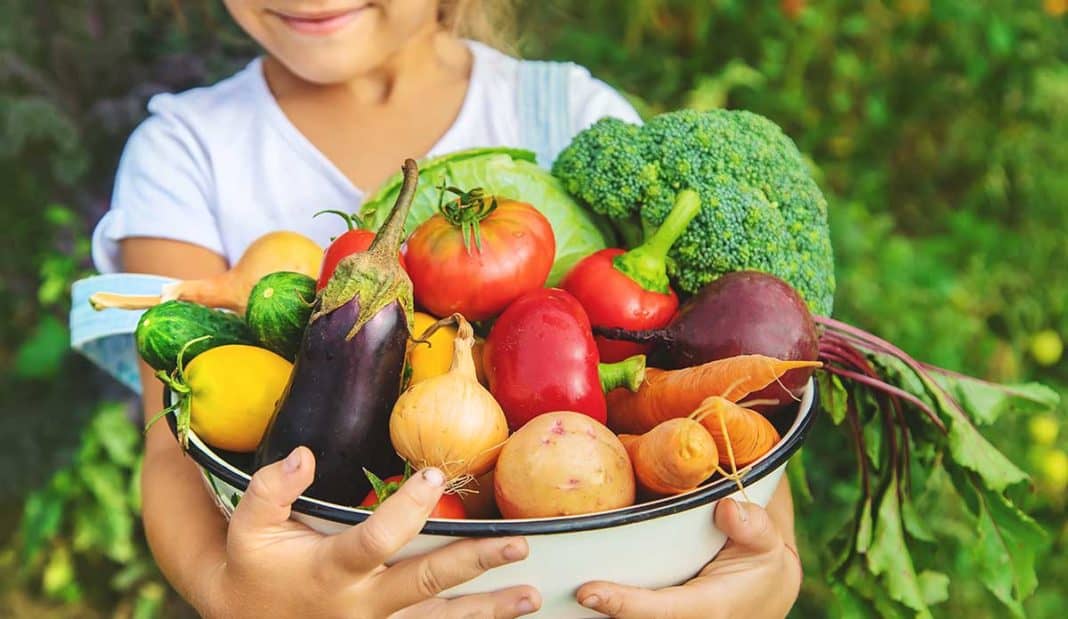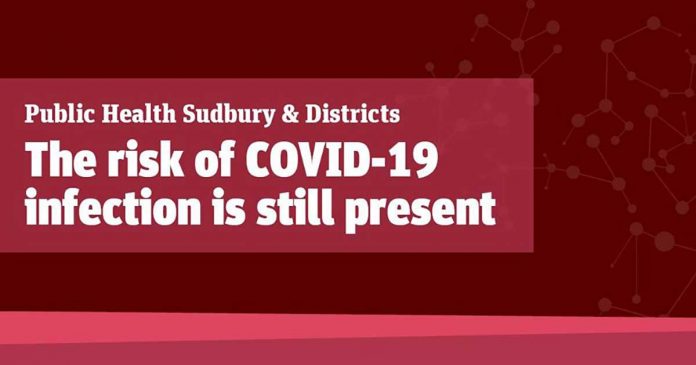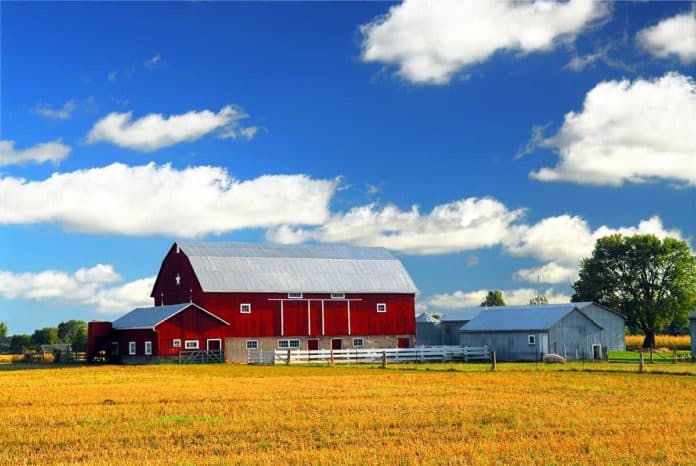MANITOULIN – Got some ideas on how to improve local food on Manitoulin and want a shot at winning one of five $100 gift cards from five Island food businesses? Drop on by the Local Food Manitoulin (LFM)’s site, check out their mobile community food hub outreach model and fill out a short survey to share your thoughts.
The gift certificates are redeemable at Three Forks Farm, Har-Cor Greenhouse, Burt Farm Country Meats, Purvis Fisheries or Pike Lake Farms.
“We are in the planning phase,” noted Kristin Bickell, project manager with the Manitoulin Community Fresh Food Initiative. “We are trying to get input on the project. It is all very preliminary at this point.”
Ms. Bickell noted that Manitoulin includes seven First Nation communities, multiple off-reserve communities and rural residential areas spread across a large geographic region. “The landscape is unique and community needs are diverse. Therefore, it is essential that our team adapts and provides flexibility when engaging in program designs.”
“The more exposure we can get out there to encourage people to provide their input the better,” said Ms. Bickell. “The more we can do to make healthy food more accessible to our communities the better.” In order to reach that goal, Manitoulin Community Food Initiative is seeking as much input from the people who will benefit from the programs as possible.
The model being presented for comment and input was designed to “improve logistics for staff, increase reach and enhance the experience of our current food and knowledge sharing programs.”
A consultant was hired in November to help facilitate strategic and operational planning for LFM. Staff at Noojmowin Teg and the advisory committee for LFM participated in the initial consultation—as frontline workers each member of those groups are well-attuned to the needs of the communities they serve. The team is now presenting those initial conceptual plans to the public through a survey tool and conducting one-on-one consultations with elders and traditional knowledgekeepers.
The plan includes a home-base facility that will include a four-bay garage, work and training space, equipment and food storage areas as well as a semi-detached greenhouse.
The garage section will provide room for a company pickup truck as well as three enclosed cargo trailers that will serve as mobile food units.
There will be three mobile components to the food hub, a mobile local food market, a mobile community kitchen and food processing trailer and a mobile butcher shop.
The plan builds on a solid track record of success for the mobile food market. In the spring of 2020, the team cultivated and harvested over 2,400 pounds of food at the Myengenuk Gizhkeking Endaat Farm. When coupled with additional foods from local producers the project was able to distribute over 4,000 pounds to communities.
The funds generated from the market were utilized to help cover project costs of supplies and materials to increase production, food packaging and general market supplies. They also helped to support food literacy programming, including cooking demonstrations at the markets.
The mobile community kitchen/food processing trailer will improve logistics and enhance knowledge-sharing program components currently offered by LFM within communities across the Island district. In addition, this equipment will increase the project scope by launching a new community feast program to: provide hot meals featuring traditional foods within communities; allowing LFM organizational partners use of the unit for community-led events and workshops; providing an inspected space for the LFM team to safely process food products for food access programs (Good Food Box, Harvest to Share, Mobile Market); and providing an inspected space for network members to process and package food for retail and/or food sharing purposes.
Through its Harvest to Share program, LFM has also identified a need for a temporary storage and processing facility for wild game, specifically white tail deer and moose. The mobile butchery came out of the realization that, with limited resources, LFM was not able to secure consistent butchery services, having to rely on off-Island resources even though Manitoulin communities boast an “unlimited number of skilled individuals capable of processing large game, including members of the LFM team.”
With a certified facility, LFM will have the capacity to store/hang, process and package forest meats for Harvest to Share, LFM’s growing Indigenous food access program. In addition, the mobile butchery will enhance LFM’s educational programs and allow more community members to learn valuable skills necessary for sustenance harvesting.
The survey and more information about the mobile food project can be found online at localfoodmanitoulin.com/share/community-engagement?.





